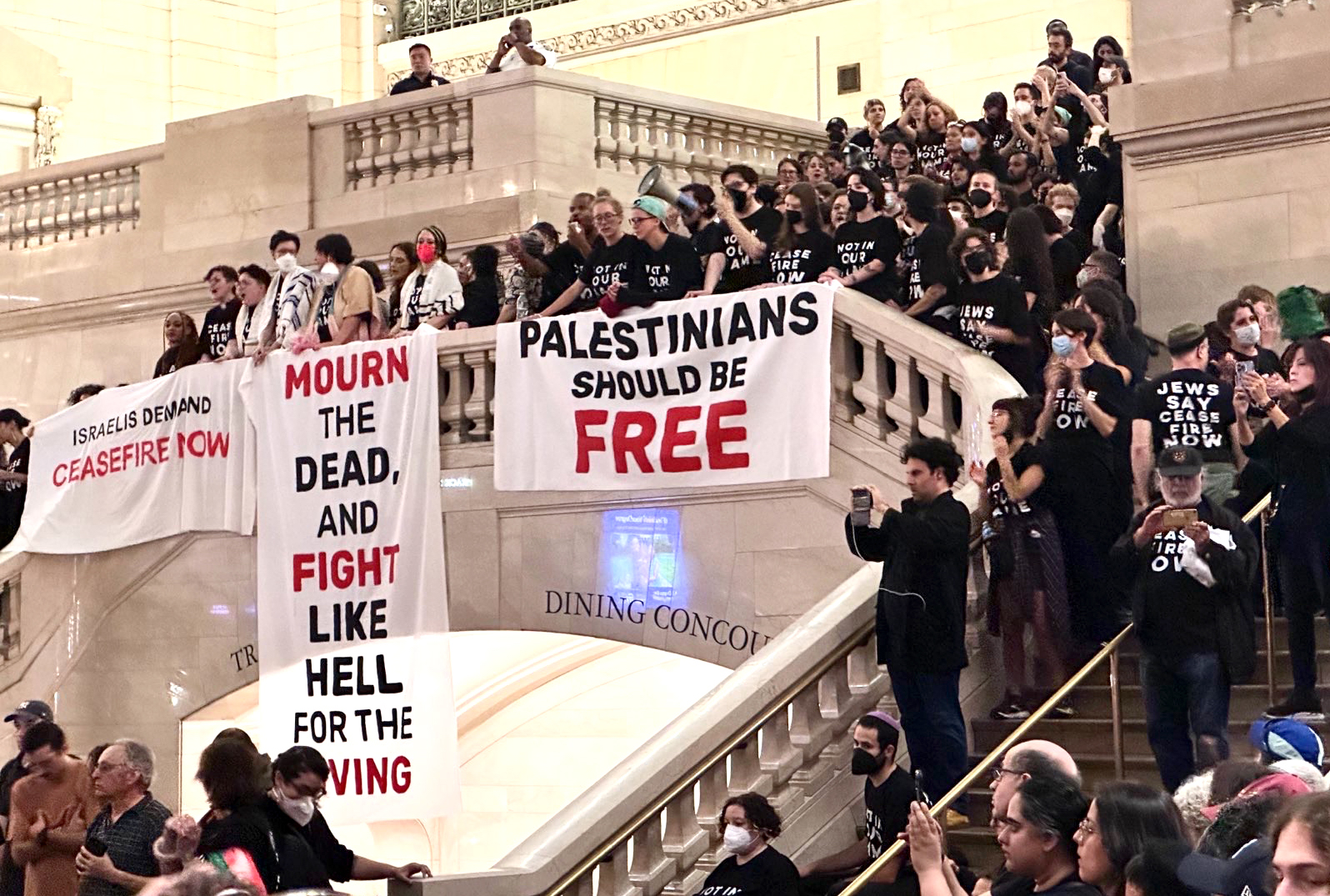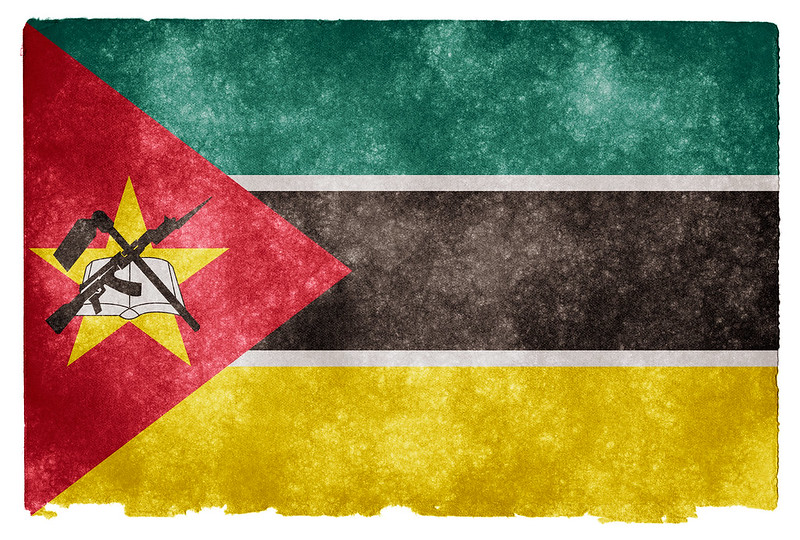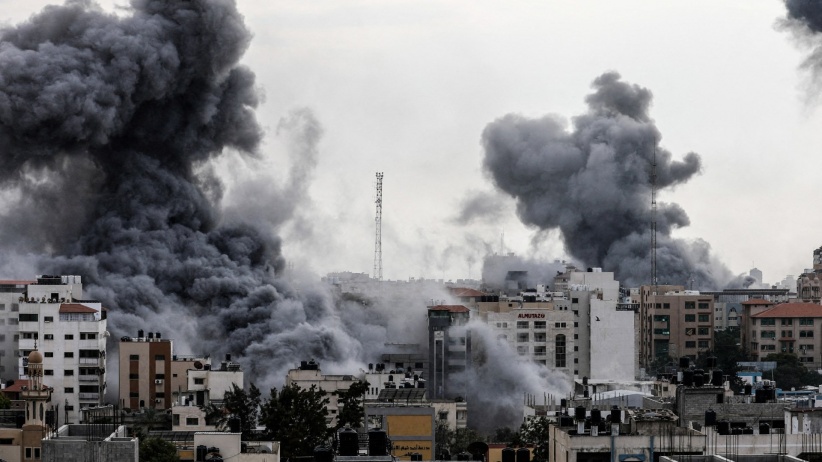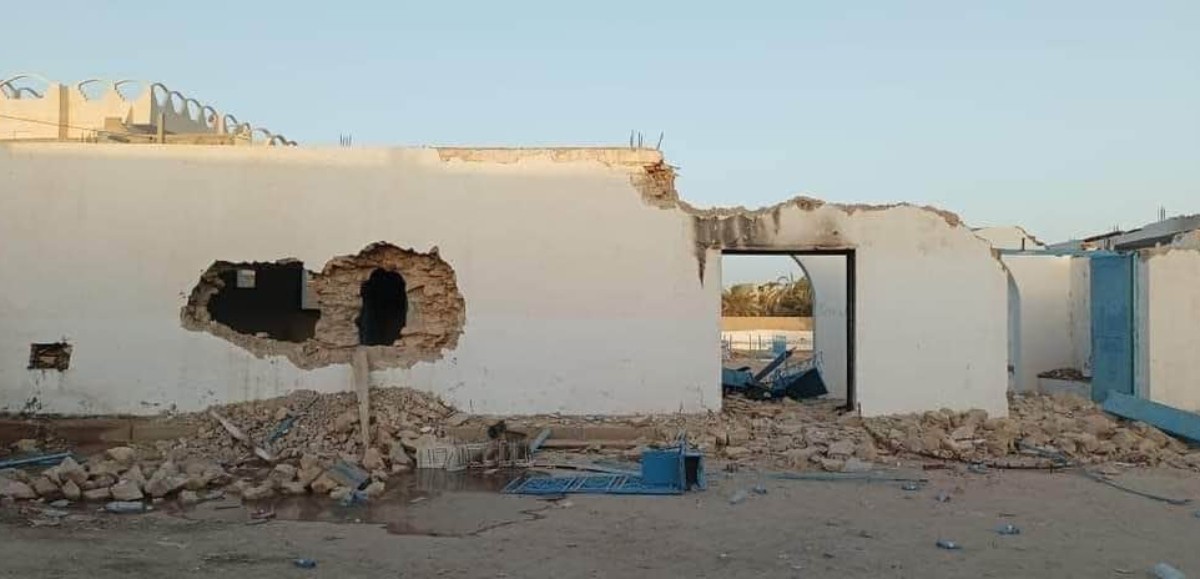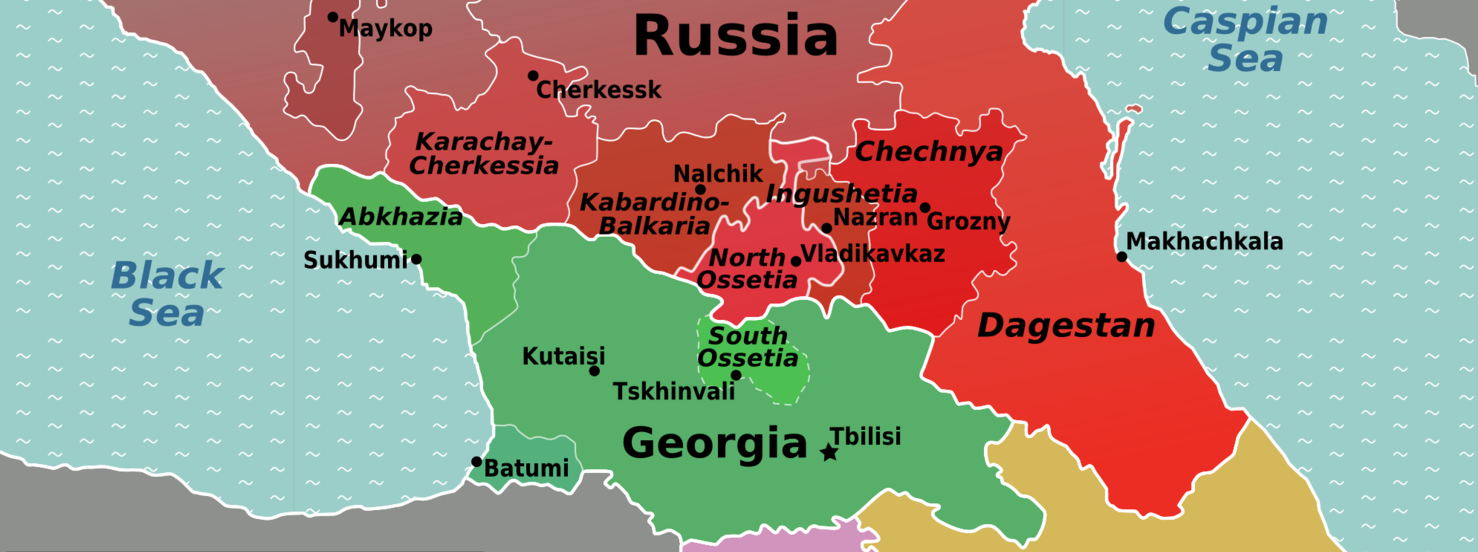
Anti-Semitic riots, attacks in Russian Caucasus
An angry mob in Russia’s Caucasus republic of Dagestan stormed the airport of regional capital Makhachkala, seking to confront passengers arriving on a flight from Israel. Some held signs reading “Child killers have no place in Dagestan” and “We are against Jewish refugees.” The National Guard only showed up hours after rioters had overrun all areas of the airport, including the runway. Clashes then ensued, with several arrested. There was a similar scene in the Dagestani city of Khasavyurt, after reports on social media claimed that “refugees from Israel” were being accommodated at a local hotel. Another such rally was reported from Cherkessk, capital of Karachay-Cherkessia republic. And in Nalchik, capital of Kabardino-Balkaria, an under-construction Jewish cultural center was set ablaze, with “Death to the Yahudi” written in Russian on one wall. (Map: Perry-Castañeda Library Map Collection)




